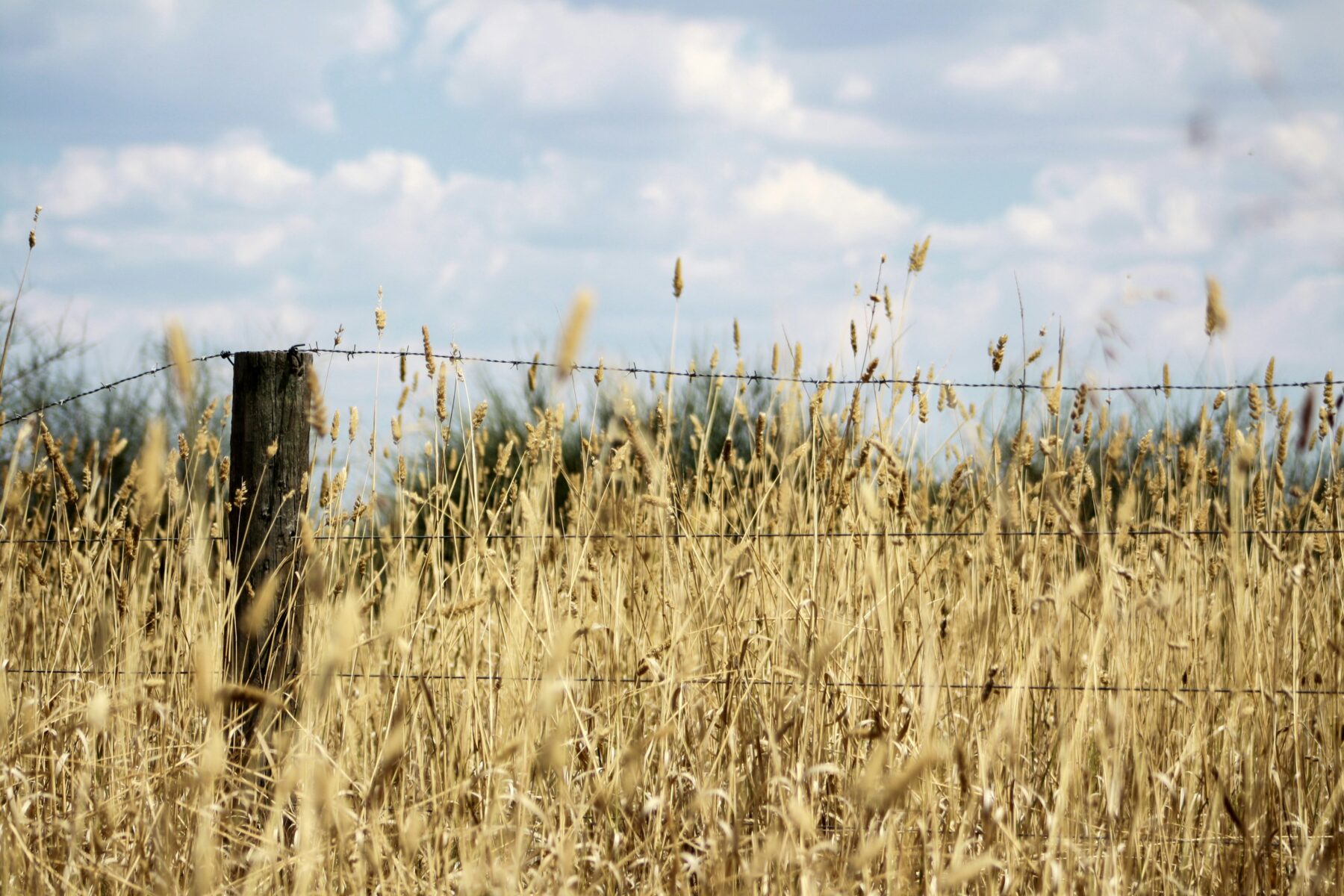UnitingCare report finds almost one million Australian children live in poverty

The 3rd Child Social Exclusion Report Index has explored the extent of child disadvantage in Australian communities, finding more than 880,000 children under the age of 15 are being socially and economically isolated.
Professor Riyani Miranti from the University of Canberra School of Economics, Politics and Society, who contributed to this report explained, “Child disadvantage is not necessarily captured by child income poverty only.”
The Child Social Inclusion (CSE) Index measures the results across the following six domains:
- Socio-economic
- Education
- Connectedness
- Access to housing
- Health & community
- Environment.
The index acts as an indicator of the risk of social exclusion based on the above areas.
UnitingCare Australia, a collaborator on the report, classifies a child as socially included when they are able to have working parents, have social support through family and friends, and access to high-quality health and education services.
“While nearly 15 percent of children live in areas with the highest rates of child poverty and the most exclusion risks, there are children who are not income-poor but who are still at risk of social exclusion or experiencing other types of disadvantages,” Professor Miranti said.
Significant findings from the report include:
- Social exclusion is at its worst in regional and rural areas
- Nearly 400 Australian communities are identified as most disadvantaged
- Six out of ten of the most socially excluded areas are in Queensland (Riverview, Logan Central, Wacol, Kingston, Leichhardt – One Mile, Mount Morgan)
- The highest poverty rates in Australia are in Tasmania (24%) and the Northern Territory (23%), compared to the national average of 17%
UnitingCare Australia National Director, Claerwen Little, said the report brings much needed attention to the great divide for disadvantaged children.
Reflecting on the development of this issue, Prime Minister Bob Hawke optimistically declared in 1987 that “by 1990 no Australian child will be living in poverty.”
“Children are our future, and we must do better to make them financially and socially included in the fabric of Australia,” Ms Little said.
UnitingCare Australia has expressed desire for state and national governments, as well as the private sector, to seek initiatives to close the gap for children missing out on a fair go.














